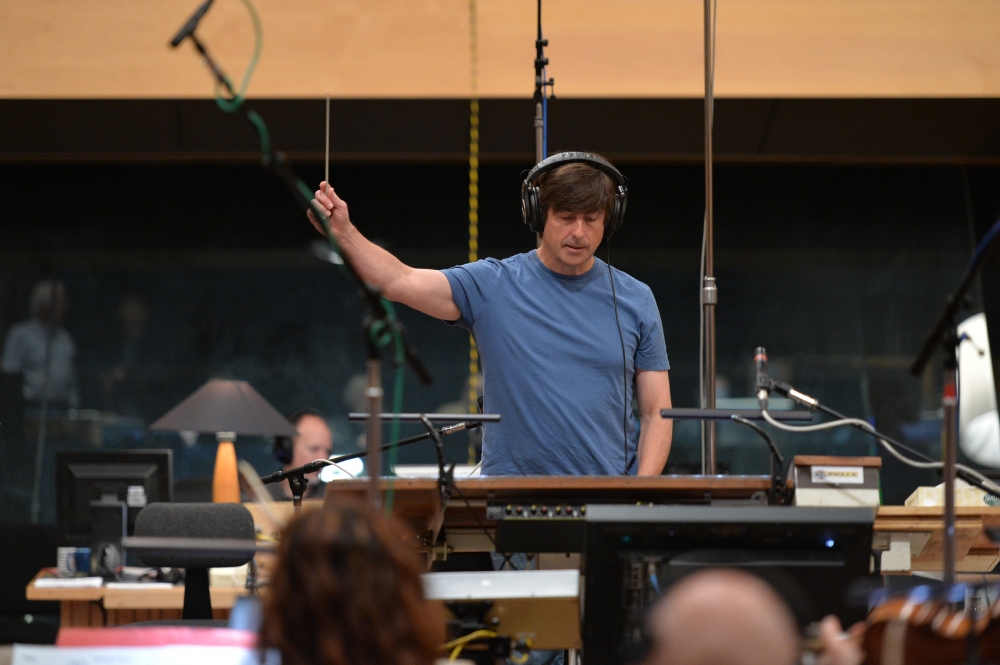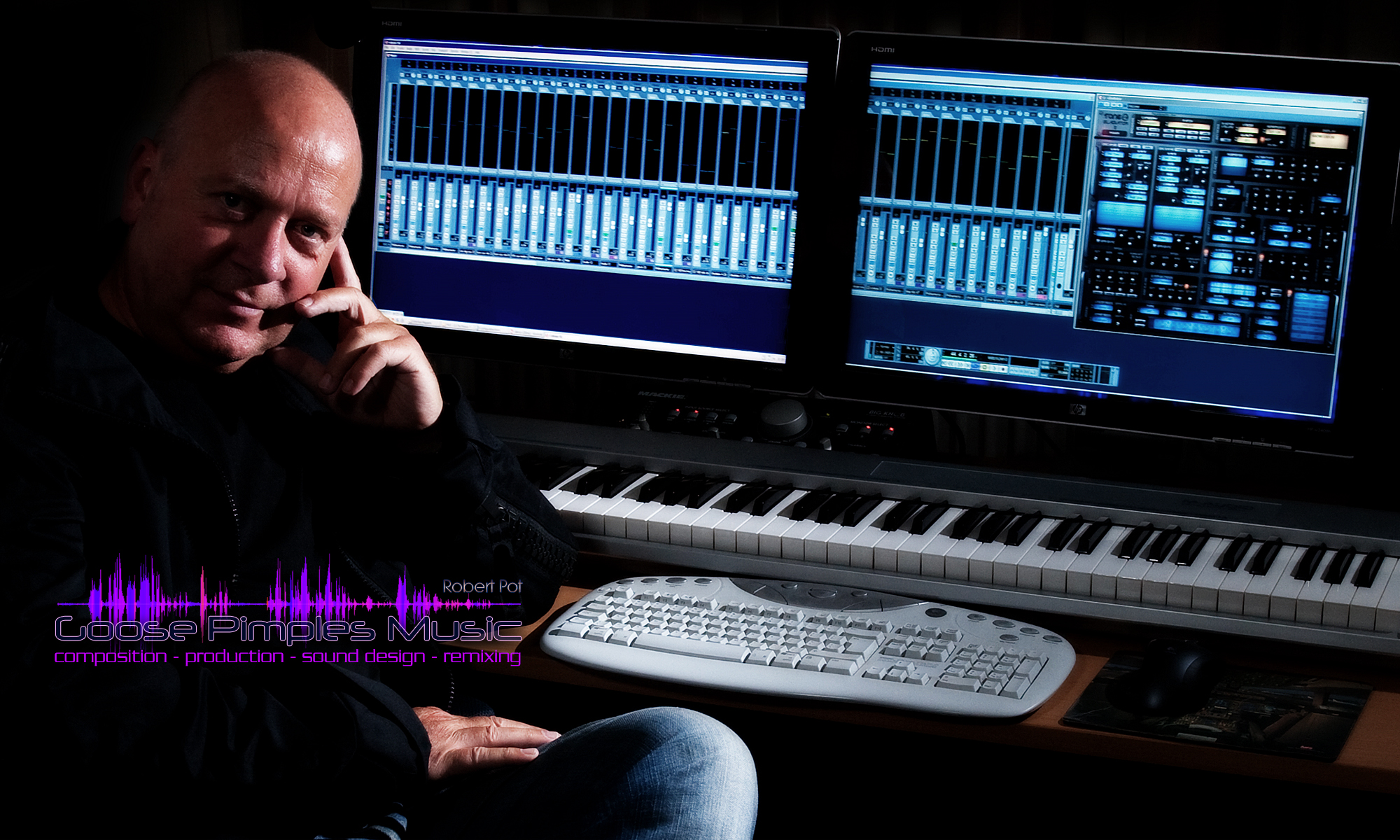The last decades have proven to be an unpredictable period in John Williams’ career. Although maintaining his high standard of European classical music, Williams’ long tenure on the throne as “the very best composer in Hollywood” has come under question. His reigning days of the Star Wars and Indiana Jones scores in the 1980’s have partly faded, and Williams has moved on to a variety of heavy, dramatic film assignments. And yet, even though composers such as James Horner and Jerry Goldsmith have been commercially threatening Williams’ dominance atop the world of film music, he continues to produce exceptional scores.
John Williams is the master of the long-term Hollywood relationship. He has remained loyal to directors such as Steven Spielberg (scoring all but a few of his feature films) and Oliver Stone. He is also the master of the sequel, scoring more sequels for seperate major motion picture series than any other composer in the history of Hollywood, including sequels to Jaws, Star Wars, Raiders of the Lost Ark, Home Alone, Jurassic Park, and Harry Potter. Because of this trend, Williams has also become the master of weaving original themes from previous films into new efforts, and interpolating the combination into a thematically impressive suite of new and old music. The most difficult task he has faced has been the continuation of the Star Wars saga into six films, for which Williams must contend with over a dozen themes to weave into each new entry.
Some people recall the “Johnny Williams” days of swinging jazz scores of the 1960’s (How to Steal a Million, John Goldfarb, Please Come Home, A Guide for the Married Man), or the Academy Award winning master of disaster epics in the 1970’s (The Towering Inferno, Jaws, The Fury). Even though most people remember him for his classics of the late 1970’s and 1980’s (Close Encounters of the Third Kind, Raiders of the Lost Ark, E.T.), some of Williams’ best work has been for smaller, more serious, or failing movies. During all the hooplah surrounding Home Alone in 1990, Williams produced one of the most haunting and effective scores of his career, Presumed Innocent. Never before had Williams captured the feeling of frustration and dread so well. The following year, Williams fans were delighted when theatrical trailers for Steven Spielberg’s Hook included original music by John Williams. This fanfare, which is included on the CD release, became part of a Williams classic. Hook has more enjoyable themes in one neat, long package than almost any other Williams score. In 1992, in a time when James Horner was stirring up the film music community with ethnic Irish music, Williams created a similar epic score for Far and Away.
|
 Williams conducts a concert in 1994 Williams conducts a concert in 1994 |
|
Arguably the best single year for any composer in Hollywood’s long history, Williams produced Jurassic Park and Schindler’s List in 1993, and both became top commercial sellers. After the acclaim he received from these scores (including another Academy Award), he went on a drought. He took a year off from scoring, and then returned with three less popular scores for Sabrina, Nixon, and Sleepers. In 1997, though, with re-releases of his Star Wars trilogy (special edition) in theatres, he provided impressive, dramatically eclectic scores for The Lost World, Seven Years in Tibet, and Amistad. Saving Private Ryan in 1998 proved that Williams’ hand at heavy drama wavers none. In between blockbuster scores for the Star Wars prequels and the start of the Harry Potter series, the maestro combined song and score for the beautiful A.I. Artificial Intelligence in 2001 and paid tribute to Bernard Herrmann in Minority Report the following year.
Williams’ personality is admired by many, but intensely disliked by others. In concert, both at the Boston Pops and on tour, his sense of humor captivates the audience almost immediately. On the other hand, other professionals claim that Williams’ ego has become too inflated –perhaps due to his enormous worldwide success. In a 1997 interview regarding the Academy Awards (and his nomination for Amistad), he claimed that he wasn’t so much concerned with the many Oscars he’s won as much as all those he’s lost over the years to other composers. But regardless of his reputation and/or personality, the scores of John Williams, from the perspective of orchestral music-lovers and his fellow peers, have changed the course of film music history.
Source: http://www.filmtracks.com/composers/williams.shtml


 Williams conducts a concert in 1994
Williams conducts a concert in 1994